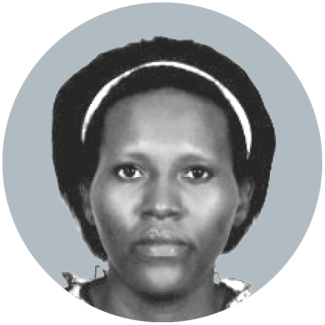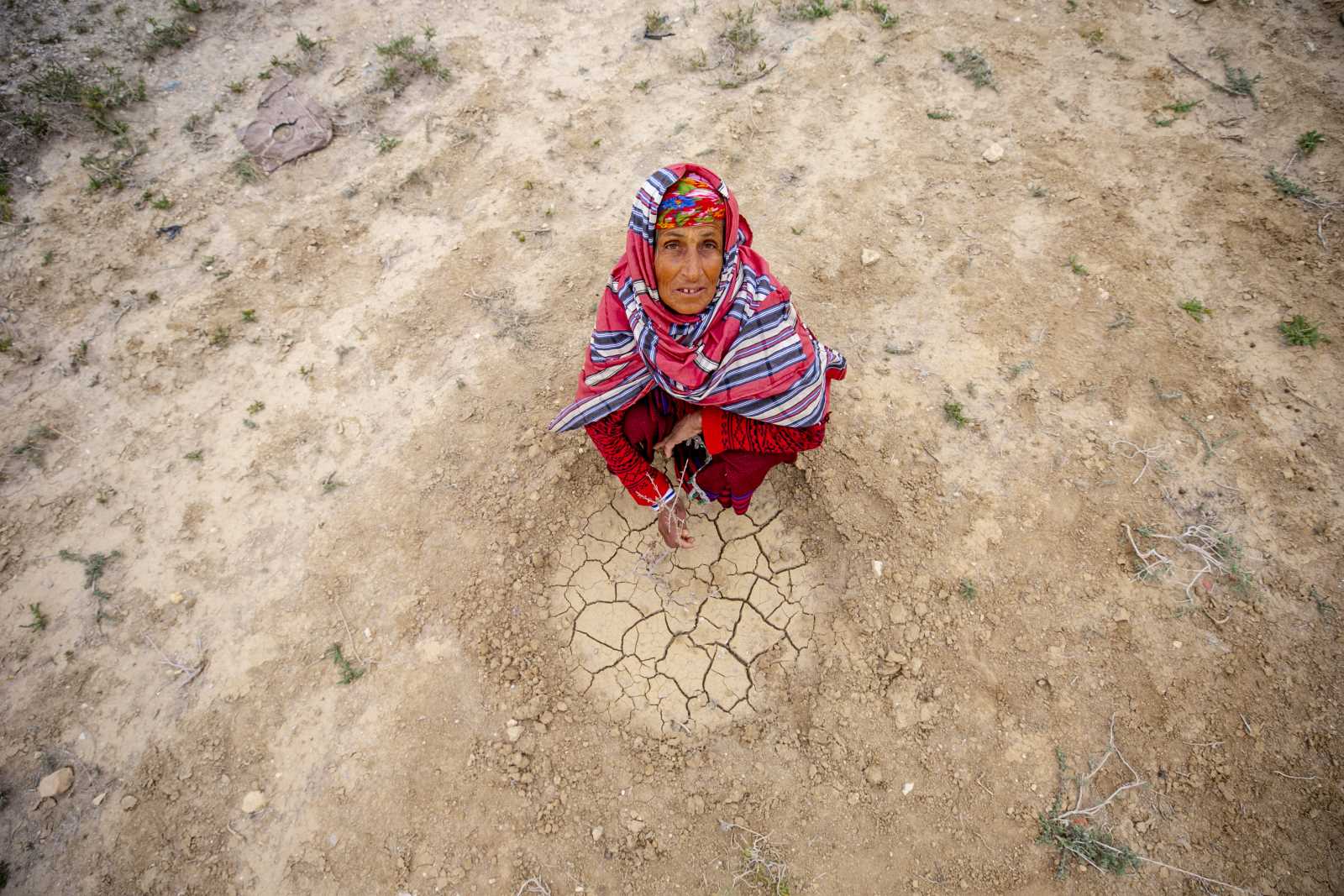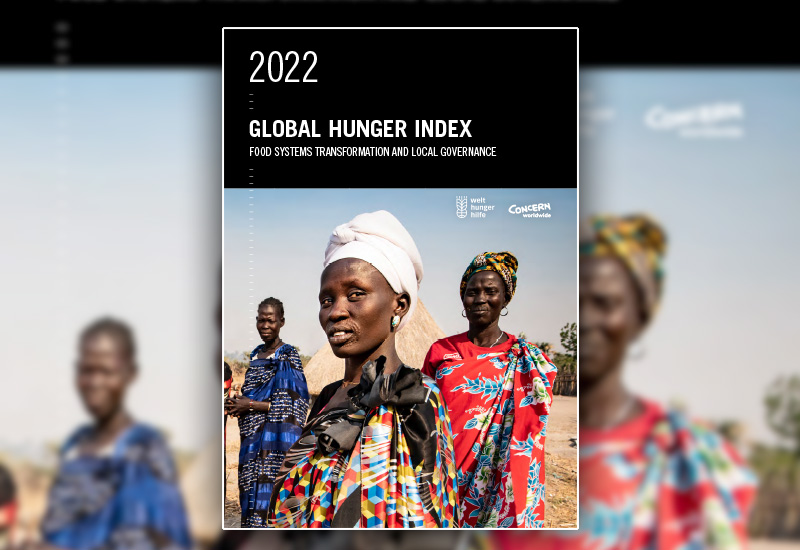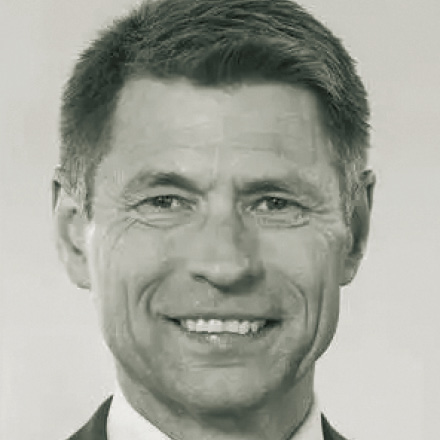Disempowerment
Where women work and men decide
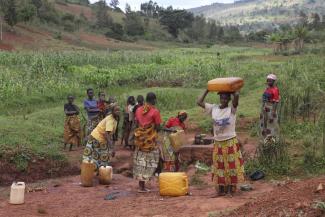
On the surface, Burundian women are making progress. Even in remote villages, some women break with stereotypes and earn independent incomes. Some even start businesses of their own. Many join economic cooperatives that support their efforts and offer power in numbers. Public events such as observances of International Woman’s Day and ceremonies to honour rural and African women help to spread the idea that women are breaking free of traditionally restrictive roles.
But look deeper. Cultural traditions still keep Burundi’s women on a lower footing than men. This is especially true in rural areas, where most Burundian women live. Cultural norms and traditions give men the final say in household matters. Many men profit from their wives’ labour, without giving them a say in how those profits are spent.
Consider, for example, Mariam Nahimana, a 46-year-old mother of four children living in Buterere outside Bujumbura. She labours in rice fields all day and is the family’s main breadwinner. Her husband does not have a regular job. But she does not complain. “I enjoy my work,” Mariam says. She adds that it ensures the family has an income at all.
In worse condition is Adelaide, a mother of five in Bukeye in Muramvya province, in the centre of the country. She cultivates small plots of land, sometimes carrying a child on her back and working with two other children alongside. Her husband is out in the streets all day long, usually drinking. He often comes home drunk, and occasionally beats Adelaide for neglecting a household duty such as having dinner ready. At harvest time, he sells the rice crop – and pockets all the money.
This is patriarchy in action. Unfortunately it is fairly typical, particularly in village communities. Men tend to take the family decisions. According to the UN Food and Agriculture Organization (FAO), most Burundian women live on small family farms. They do most of the ploughing, sowing, weeding and harvesting, as well as the preserving, processing, transporting and marketing of crops. Rural men, in contrast, are more likely to be working for enterprises producing industrial crops that generate more substantial incomes. On the other hand, some men do not work at all.
Rural women tend to have little control over the revenues their work generates, and how it is spent. By tradition, women have fewer rights related to land inheritance and ownership than men do. Their situation is made worse by lack of access to modern farm technologies.
Nor do women have much access to credit. Borrowing from a bank generally requires having a bank account, offering collateral and making a substantial personal investment in a farming enterprise. Most women cannot fulfil these conditions. Some turn to loans from informal sources and pay usurious interest rates.
Who decides?
Burundian women’s comparatively weak position is rooted in tradition. A Burundian saying goes: “he who lacks a good woman lacks wealth” (“Umuhushatunga ahusha umugore”). It shows how much Burundian culture makes women support men.
An academic study has confirmed this cultural bias empirically (Sikhu Okonya et al, 2019). It was carried out by an international group of researchers. With regard to household decision-making by farm families, they provocatively asked: “Do men decide and women work?”
The results revealed a considerable gender gap, so the study concluded: “Increased participation by women in decision-making will require an active and practical strategy which can encourage adjustments to existing traditional gender norms.” The authors pointed out that tradition recognises “men as the main decision-makers at both the household and community levels.”
As in most countries, women have a slight majority in the population. According to the World Bank, 50.4 % of Burundi’s people are female. However, the World Economic Forum’s Global Gender Gap Report 2021 indicates that their economic opportunities are 15 % below men’s, which is a bit better than the global average. On the other hand, Burundian women have only one third of men’s political representation, which is worse than the global average.
In 2012, a UNDP report on gender equality in public administration in Burundi showed that procedures for recruitment and promotion did not closely comply with laws and rules aimed at boosting female representation. The report cited a lack of data on women’s participation in public administration, pointing to a deeper problem: “Women’s unequal access to education in comparison with men leads to a lack of qualified women to enter and advance in the public administration.”
Winds of change
Some of this has begun to change. A women’s investment and development bank was founded in February 2021. The goal is to help women build and expand agricultural enterprises. In June 2021, the World Bank gave Burundi $ 80 million to promote employment of women and young people. Some 120,000 people have benefited, including 16,000 Burundians returning from abroad.
Moreover, Burundi’s laws promote female employment. The Constitution sets a minimum of 30 % women in government. The National Assembly, the lower chamber of Parliament, even requires government offices to employ women for half their positions.
At the same time, Burundian women’s organisations are attacking cultural barriers that hold women back. They want to end practices such as parents not sending their daughters to school. The Burundian Association of Women Engineers encourages girls to pursue scientific and technical studies. The Burundian Association of Women Lawyers advocates for women to have equal rights to land ownership. Other groups, such as the Association of Repatriated Women, encourage women to organise in order to gain strength in numbers.
Efforts like this can chip away slowly at longstanding traditions and attitudes. They are a good start.
Links
Sikhu Okonya, J., et al., 2019: The rRole of Wwomen in Pproduction and Mmanagement of RTB (Rroot, Ttuber, Bbanana) Ccrops in Rwanda and Burundi: dDo Mmen Ddecide, and Wwomen wWork?
https://www.researchgate.net/publication/335084368
UNDP, 2012: Gender equality and women’s empowerment in public administration: Burundi case study.
https://www.undp.org/sites/g/files/zskgke326/files/publications/BurundiFinal%20-%20HiRes.pdf
Mireille Kanyange is a journalist for Radio Isanganiro in Burundi.
mika.kanyange@gmail.com
